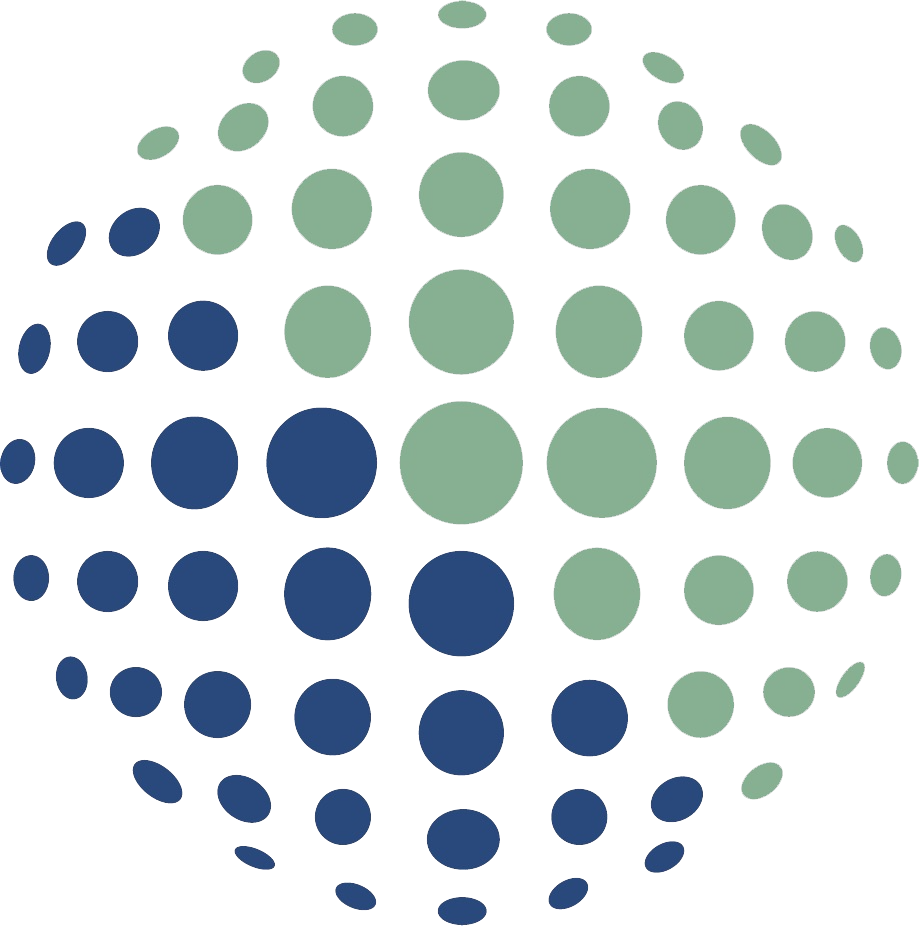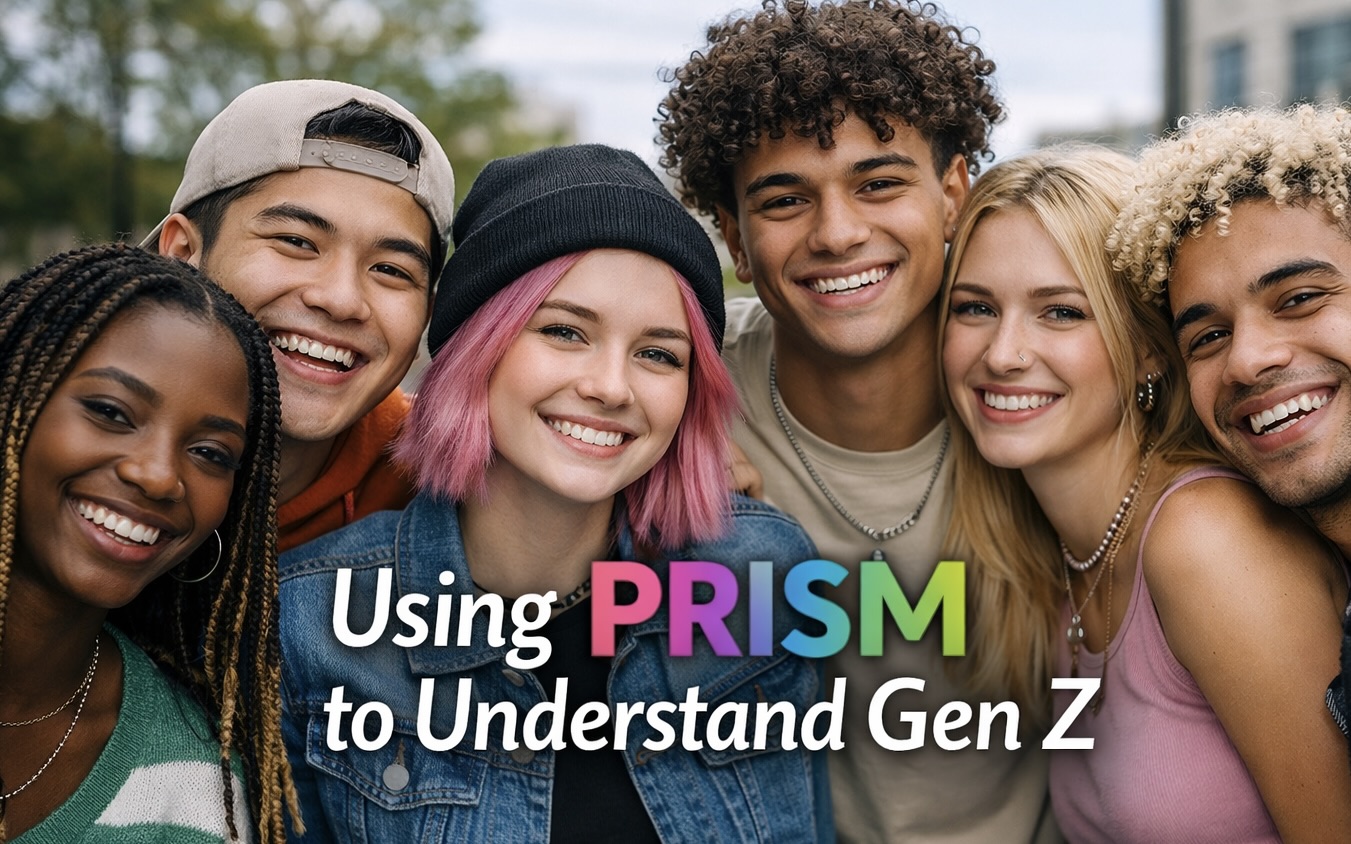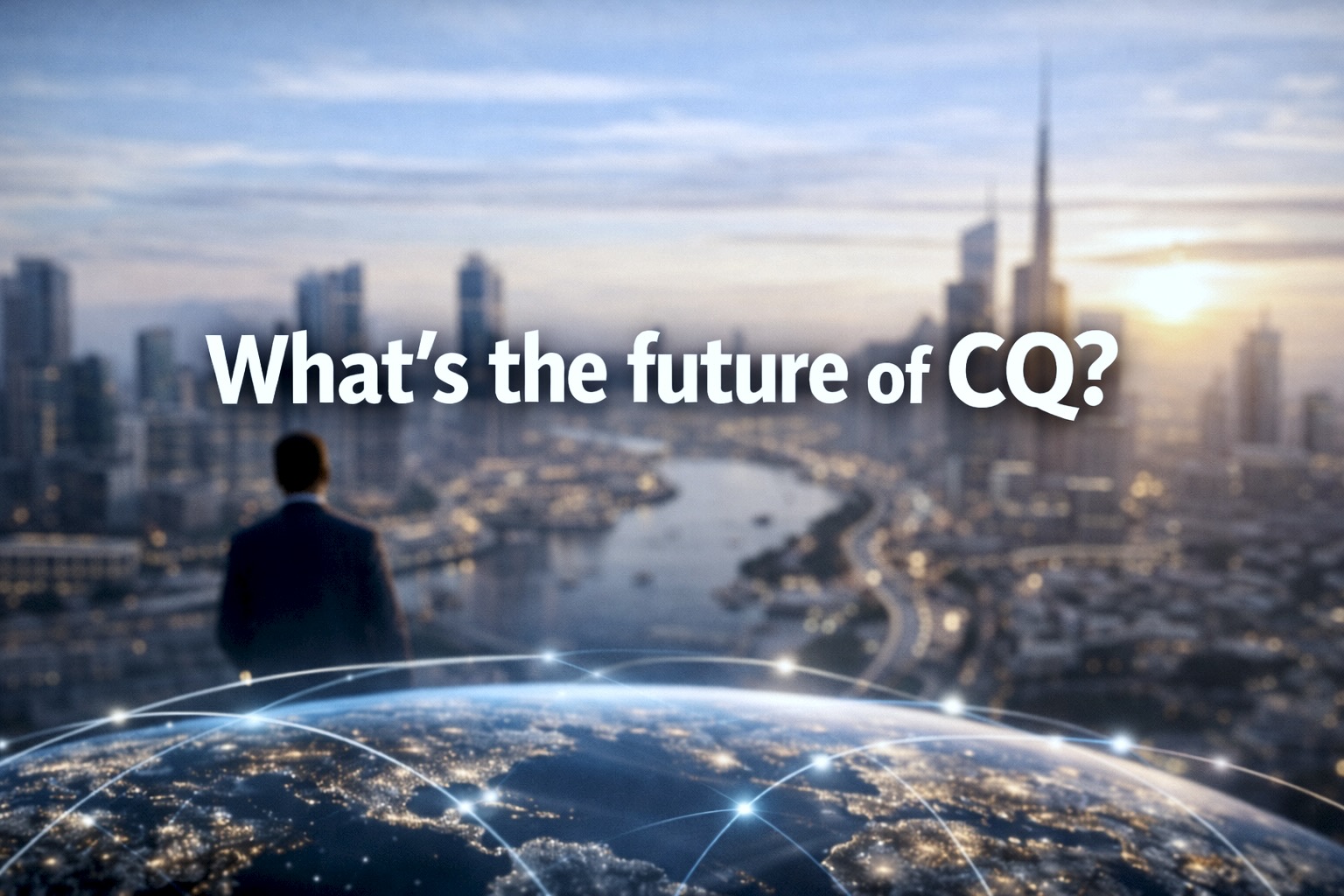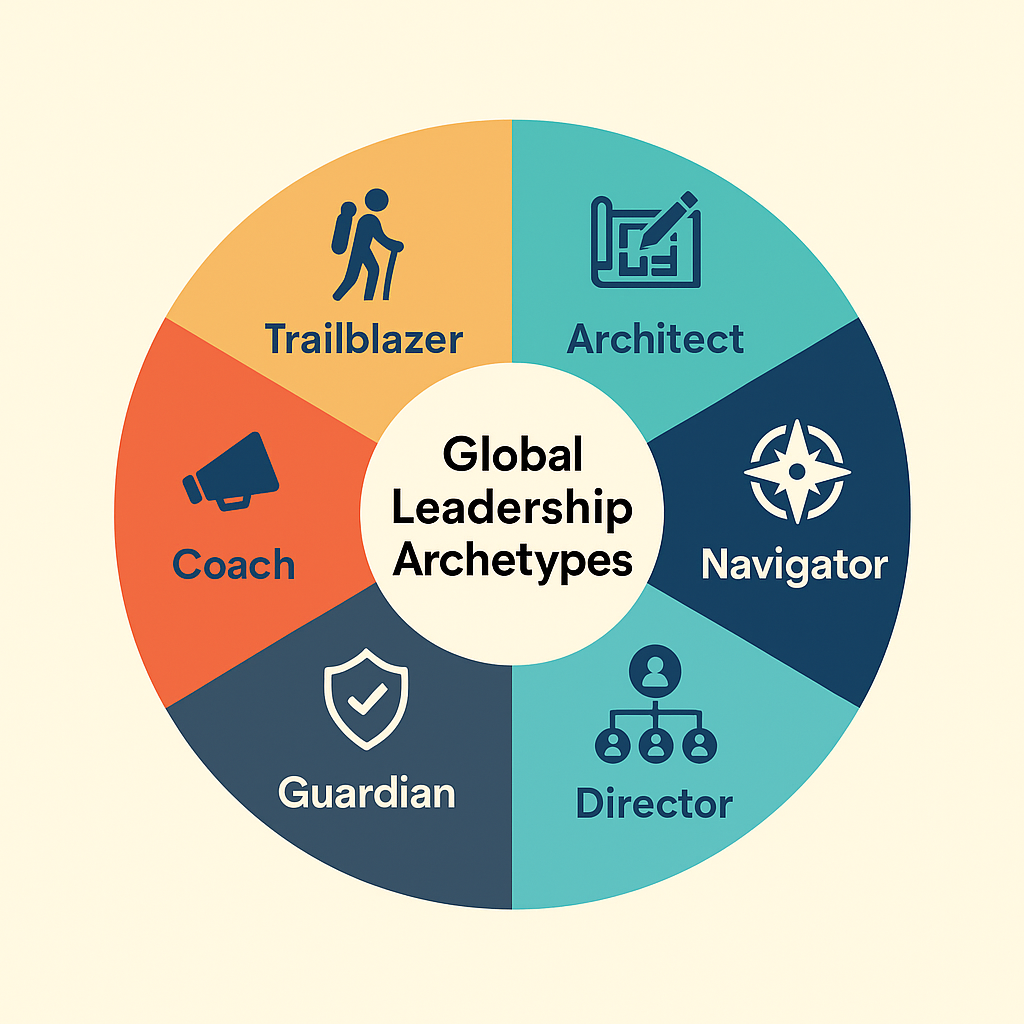By David Livermore, PhD
My parents were Canadian. And I’ve spent a great deal of the last thirty years living and traveling across the globe. I’m a US citizen, but I don’t think of myself as a very typical American. And people outside the US often guess that I’m European, Australian, or even Middle Eastern before they peg me as being from the US. But times of crisis bring out the core of who we are. The COVID-19 crisis makes me realize I’m more American than I typically think. I’m not suggesting this is good or bad…It’s just been a time of reckoning to reflect on my reactions in the midst of a crisis.
Here are a few examples:
1. You can’t tell me what to do!
I’m 100% committed to social distancing and the necessity of restricting travel, movement, and more…but it strikes at the core of my inner locus of control. I’ve found myself internally rebelling against being told that I have to stay home. My autonomy and freedom are important to me, and I want to be able to control what I do, as long as it doesn’t infringe on the right for you to do the same. This is the classic American narrative.
My friends in Singapore often say that their highly regulated, rules-based society is a small price to pay for safety, financial security, and more. I respect their collectivist ideals and often view them with great admiration. But in times like this, I’m reminded that my autonomy is a prized value for me. Tell me that there are choices I can make for the benefit of myself and others, and I’m much more motivated to do social distancing than just telling me to do it because you said so. That’s very American of me.
2. I just want this to be done already!
Two weeks of no-travel and working from home?! Okay. No big deal. I can do this. But now as two weeks become four, six, and eight, I’m thinking, I’m so over this. When can we get back to normal?
Americans are notoriously short-term oriented. We like quick fixes, and we celebrate quick turn-arounds. Most US publicly traded companies insist on quarterly results. In contrast, companies like Sony and Panasonic make decisions in light of 100 year+ strategic plans and will often suffer losses for what outsiders might perceive as a long period of time because of a long-term orientation. Both mindsets are a critical part of success. But they change how you approach times of crisis.
I’m confident we’re going to get to the other side of this, but there isn’t a quick fix. And I want one.
3. What just happened to all my hard-earned investments?
I spend a lot of time thinking about the future—How can we introduce cultural intelligence to 10 million people by 2030? What kind of team will we have at the Cultural Intelligence Center in five years? How can I help my daughters prepare for the future? How should we invest in preparing for the kind of life we anticipate in 15 years?
When the current crisis began hitting the financial markets, I decided I wasn’t even going to look at my investment accounts. I invest for the long-haul, so there’s no need to panic in light of short-term losses. But eventually, I couldn’t stop myself from seeing how bad things were. My long-term vision evaporated. I can’t believe I lost that much money in 4 weeks! I worked so hard for this, and it’s gone.
Many people, Americans included, think about the future. But I’ve often thought of myself as an anomaly from “typical” Americans in that I think about it a lot and plan accordingly. I pride myself on saying that I’m not overly worried about immediate successes, but I might not be as future-oriented as I think.
4. Can we please hear something positive?
I grow impatient with friends and acquaintances who tune out the news because it’s too negative. I’m sorry you can’t handle hearing about the atrocities in Syria because it’s too dark. C’mon already. Are we really that self-centered? But the bombardment of bad news over the last few weeks leaves me longing for something, anything, that’s hopeful.
Americans like a happy ending. Longfellow wrote, “Be still, sad heart!… Behind the clouds is the sun still shining.” Ronald Reagan built his re-election campaign by saying, “It’s morning again in America,” an approach that fits well with the American psyche. Contrast that to a more typical German approach, where the norm is to look at the downside of things and to linger in that reality. Goethe wrote, “Let me pass the nights in tears, As long as I want to cry.”
I don’t want to be in denial about the enormous loss of life all across the globe as a result of this pandemic. But like most of my fellow Americans, I’m craving something positive…something, anything!
5. I’m an exception!
The virus is following me. I was in Asia for most of January and February. While I could see the growing devastation unfolding, particularly in Wuhan, I silently wondered if the response elsewhere in Asia was an over-reaction. There were virtually no cases in Singapore, but my temperature was being checked everywhere I went. In Seoul, I walked by a massive department store that was closed indefinitely because a customer had been exposed to the virus. Subconsciously I was thinking, I’ll be fine. There are 7+ billion people in the world, and I’m not going to lose sleep over catching this.
I don’t espouse American exceptionalism. Why can’t we be proud of who we are without having to be the “best nation in the world”? But I’ve been reflecting on how quickly I resort to exceptionalism personally. I dismissed my wife’s concerns that I was going to come home from Asia sick. I didn’t think the realities of Italy and Iran would be happening across our own metropolitan areas. It turns out the virus doesn’t care if you’re Chinese, American, royalty, or homeless. Granted, privilege is amplified by how things like social distancing and exposure to the virus play out. But no one is an exception to getting the virus, Americans included.
The very fact that I think of myself as being “not very typical American” is a very American thing to do. Americans are proud of what makes us stand apart from each other. It’s rooted in our desire for uniqueness. While our nationality is only part of our identity, it has a profound, powerful influence on our underlying values.
During this time of disruption, reflect on how your responses expose your cultural identity:
- How much sacrifice should healthy individuals be willing to make for the sake of others? (Individualism/Collectivism)
- Should executives take a steeper pay cut than their staff? If so, should they also be paid more during good times? (Power Distance)
- Are you inclined to wait and see how this all plays out or proactively take charge of your situation? (Being vs. Doing)
- How does your view toward receiving economic relief from the government align with your espoused views toward socialism vs. capitalism? (Cooperative vs. Competitive)
Now more than ever, we need to function as a global community. Being global citizens doesn’t have to conflict with our national identities. But we each have to hold the two identities in tension. There’s no turning back from globalization. COVID-19 has made that exceptionally clear. We’re all connected. We have a common enemy, and our only hope is to fight it together.
In the words of Queen Elizabeth last week,
“We join with all nations across the globe in a common endeavour, using the great advances of science, and our instinctive compassion to heal. We will succeed. And that success will belong to every one of us.”
———————————————-
If you have extra time on your hands during this unprecedented crisis, check out MyCV (My Cultural Values), an online tool that includes a survey and personalized feedback of your cultural value preferences. Or you might want to enroll in MyUB™ (My Unconscious Bias), our online course that explores the fascinating science behind implicit bias and how cultural intelligence helps you manage your bias.
TAKE THE UNCONSCIOUS BIAS ONLINE COURSE
TRAIN YOUR TEAM IN CQ



